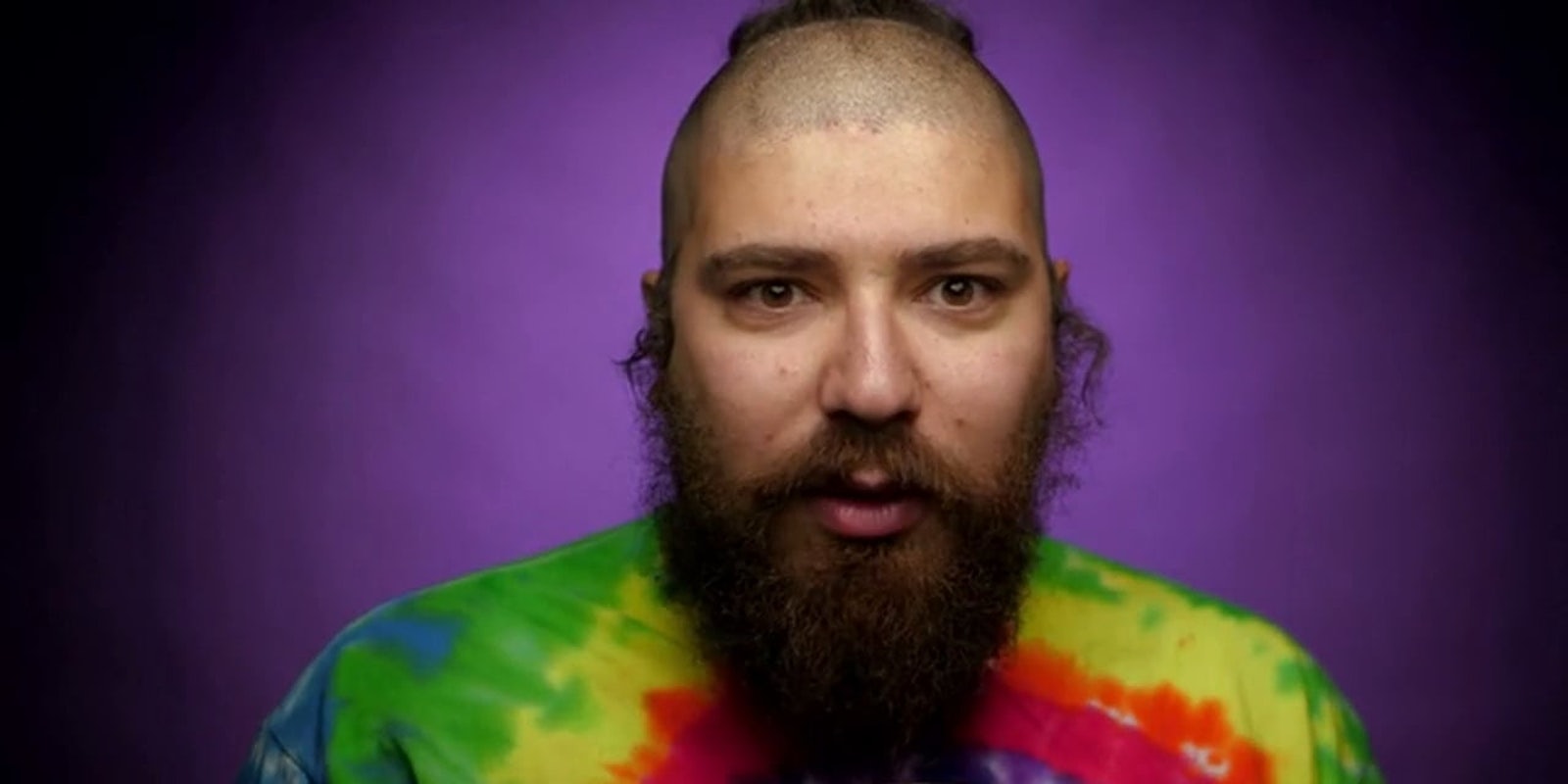For many, getting famous is hard work. But if you’re Instagram celebrity Josh Ostrovsky (better known as The Fat Jew), you just get other people to do the work for you.
The comedian—a term I use loosely—has built a strong following of 5.7 million followers on social media, to whom he crops and shares other comedians’ tweets. His social reach has resulted in endorsements from major brands, who reportedly pay Ostrovsky $6,000 per mention, as well as a modeling contract with One Management agency, according to the Hollywood Reporter.
Ostrovsky’s fame is a clear indication that content is king, and it doesn’t matter who creates it. What matters is traffic, clicks, likes, and shares. One needn’t have talent or drive; they simply need to feed off the work of others. A figure like Ostrovsky can blatantly rip off other authors, claim ignorance, and go about his business of being.
In light of Ostrovsky’s success, Maura Quint, a writer for Someecards, posted her account of his blatant plagiarism. “When called out on his continued theft he either ignores it, says ‘whoops’ or says ‘geez, I guess an intern stole it!’ The man makes nothing, contributes nothing.” She continued to let him have it in a Facebook post: “The people he steals from are struggling writers, comedians, etc… he is a leach [sic], he is a virus… He is pure trash.”
This prompted an onslaught of comedians to follow suit.
https://twitter.com/michaelianblack/status/633060758759182336
https://twitter.com/paulscheer/status/633002875568934912
@thepatrickwalsh it was on a blog dude. Apologies.
— The Fat Jewish (Blue check) (@FATJEW) June 8, 2014
Gizmodo reports that users can now file DMCA complaints in the event of a stolen joke on the platform. “[Twitter] will treat it like other copyright infringement requests and may hide tweets if it decides that the tweets stole your punchline.” It may not be the most severe punishment for plagiarism, but that would certainly prevent users like Ostrovsky from reaching the levels of user engagement that they do with other people’s work.
What’s crucial, however, is the fact that comedians who write the original work rely on their words, their content to earn a living in most cases. Comedian Davon Magwood recently took Ostrovsky and a similar joke stealer “FuckJerry” to task in an open letter on his website.
If it’s my stuff you’re posting, and if you give me credit, then I get traffic to my site, maybe that traffic goes to my comedy album and then I get paid for my work! You make money from the traffic you generate and guess what, I’d also would like to be paid and credited for the traffic that I’ve generated. I shouldn’t have to asked to be credit for my work, neither should other comedians or clever social media people.
Attributing your reposts on the Internet isn’t impossible; in fact, it’s rather easy. Most platforms have tools that either automatically cite their origin source, such as Tumblr, or comment areas to tag the original poster. What these famous joke thieves are doing, however, requires a lot more calculated effort to screengrab and crop images without citation.
Short of adding a watermark to their work, however, comedians, writers, and visual artists alike have very little in the way of protection when it comes to claiming authorship for their work. They’re kind of at the mercy of whomever reposts their work, and the lines of intellectual property are ultimately blurred by the never-ending recirculation of lowest common denominator content.
As Internet publishing continues to evolve, protection of authorship too needs to grow with it. Like Ostrovsky, comedians like Magwood use these platforms to earn their livings, and it remains crucial that their work be credited and protected from content thieves.
But if there’s any good news here, it’s that the widespread backlash is forcing a long overdue conversation about ownership and attribution on the Internet. As Salon’s Scott Timberg writes, “it’s making it clear to a lot of people who wouldn’t normally care just what a cesspool that Internet can be, and showing them that the work of creative folks is worth protecting.”
Often, when creative people rant about being ripped off by tech companies or other revenue-generating elements of the online economy, very little happens. Witness authors complaining about Amazon, or musicians complaining about YouTube or pirate sites. Amazon is bigger than ever, and musicians keep getting screwed. But somehow, this mass indignation by comedians is making real noise.
That noise is already having a huge impact—staring with Josh Ostrovsky’s career. Although he was reported to have signed with Creative Arts Agency last week, comedians called out Comedy Central for an upcoming program featuring Ostrovsky—and the network promptly cancelled the deal. This may be a sign that his 15 minutes of borrowed fame are up.
There’s a simple reason why: If you look at any of the comedian’s original work, he’s nothing but a hack. He just isn’t funny. Why did The Fat Jew need to steal jokes? Because his humor is just as empty as his ethics.
Feliks Garcia is a writer in Brooklyn. He holds an MA in Media Studies from the University of Texas at Austin, is Offsite Editor for The Offing, and previously edited CAP Magazine.
Screengrab via BeckyGoldberg/Vimeo


